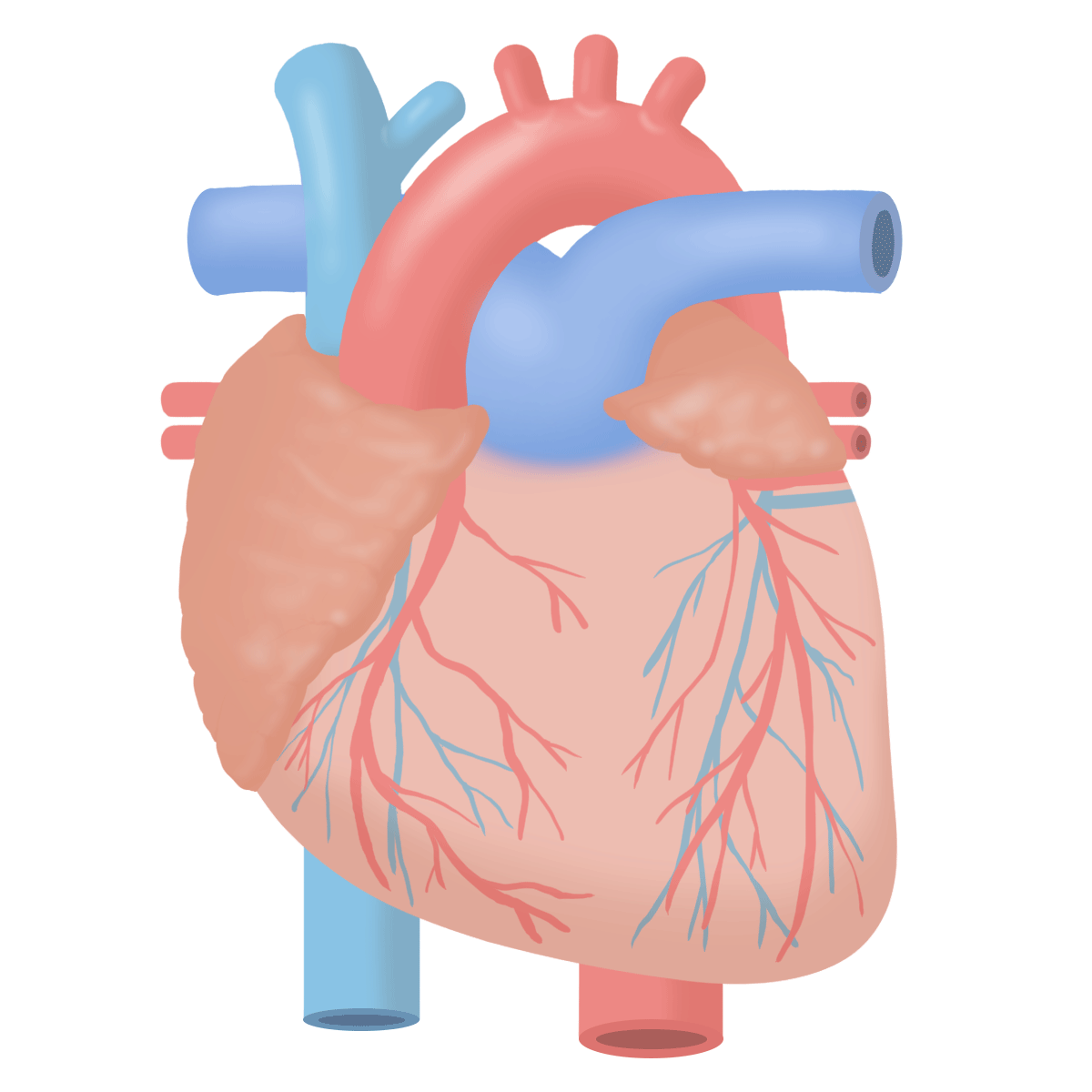The Cardiac Insufficiency Bisoprolol Study II (CIBIS-II): a randomised trial
Lancet. 1999 Jan 2;353(9146):9-13.
https://pubmed.ncbi.nlm.nih.gov/10023943/
心不全の治療の礎となった有名な論文です。この論文から派生し、現在では心不全の治療のスタンダードが出来上がっていると言っても過言ではないと思います。
心不全患者におけるビソプロロールの有用性についての論文です。β遮断薬治療は安定した心不全患者の生存率を高める効果を示す結果となりました。β遮断薬の心不全治療での立ち位置を勉強すべく、関連論文を掲載していけたらと思います。
![]()
Background: In patients with heart failure, beta-blockade has improved morbidity and left-ventricular function, but the impact on survival is uncertain. We investigated the efficacy of bisoprolol, a beta1 selective adrenoceptor blocker in decreasing all-cause mortality in chronic heart failure.
Methods: In a multicentre double-blind randomised placebo-controlled trial in Europe, we enrolled 2647 symptomatic patients in New York Heart Association class III or IV, with left-ventricular ejection fraction of 35% or less receiving standard therapy with diuretics and inhibitors of angiotensin-converting enzyme. We randomly assigned patients bisoprolol 1.25 mg (n=1327) or placebo (n=1320) daily, the drug being progressively increased to a maximum of 10 mg per day. Patients were followed up for a mean of 1.3 years. Analysis was by intention to treat.
Findings: CIBIS-II was stopped early, after the second interim analysis, because bisoprolol showed a significant mortality benefit. All-cause mortality was significantly lower with bisoprolol than on placebo (156 [11.8%] vs 228 [17.3%] deaths with a hazard ratio of 0.66 (95% CI 0.54-0.81, p<0.0001). There were significantly fewer sudden deaths among patients on bisoprolol than in those on placebo (48 [3.6%] vs 83 [6.3%] deaths), with a hazard ratio of 0.56 (0.39-0.80, p=0.0011). Treatment effects were independent of the severity or cause of heart failure.
Interpretation: Beta-blocker therapy had benefits for survival in stable heart-failure patients. Results should not, however, be extrapolated to patients with severe class IV symptoms and recent instability because safety and efficacy has not been established in these patients.
背景:心不全患者において、β遮断薬は罹患率と左室機能を改善するが、生存率への影響は不明である。β1選択的アドレナリン受容体遮断薬であるビソプロロールの、慢性心不全における全死亡率の低下効果を検討した。
方法:欧州で実施された多施設共同二重盲検無作為化プラセボ対照試験において、NYHAIIIまたはIVで、左室駆出率が35%以下で、利尿薬とアンジオテンシン変換酵素阻害薬による標準治療を受けている症候性心不全患者2647例を登録した。患者にビソプロロール1.25mg(n=1327)またはプラセボ(n=1320)を1日1回無作為に割り付け、1日最大10mgまで段階的に増量していった。患者の追跡調査は平均1.3年であった。intention to treat解析で行った。
調査結果:CIBIS-II試験は、ビソプロロールが死亡率に有意な効果を示したため、第2回目の中間解析後、早期に中止された。全死亡率はビソプロロール群がプラセボ群よりも有意に低かった(156例(11.8%)対228例(17.3%)、ハザード比は0.66(95%CI 0.54-0.81、p<0.0001))。ビソプロロール投与群では、プラセボ投与群に比べて突然死が有意に少なかった。(48[3.6%]対83[6.3%]、ハザード比0.56(0.39-0.80、p=0.0011))治療効果は心不全の重症度や原因とは無関係であった。
解釈:β遮断薬治療は安定した心不全患者の生存率を高める効果があった。しかし、重度のクラスIV症状や最近の不安定な状態の患者では安全性と有効性が確立されていないため、更なる検討が必要である。



コメント